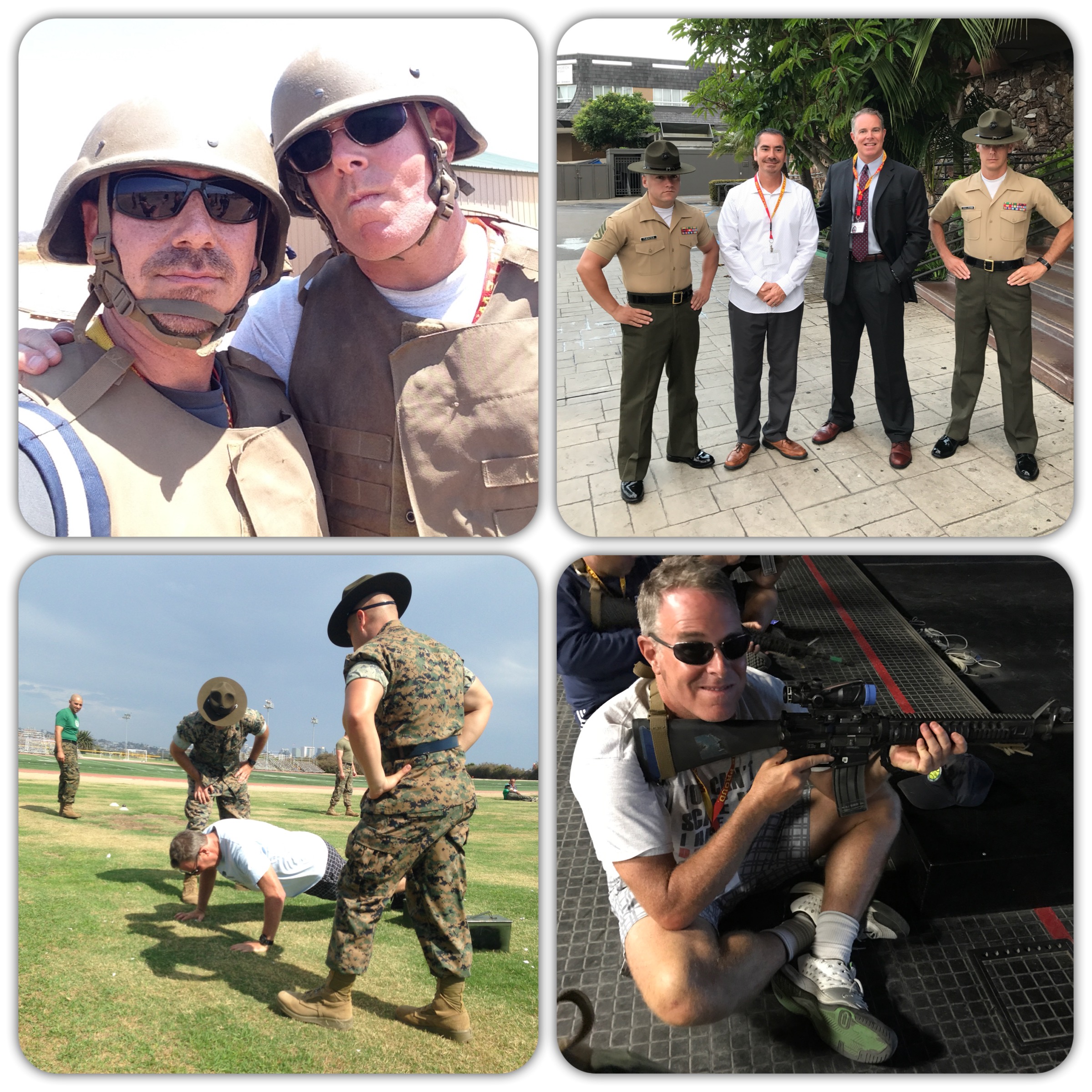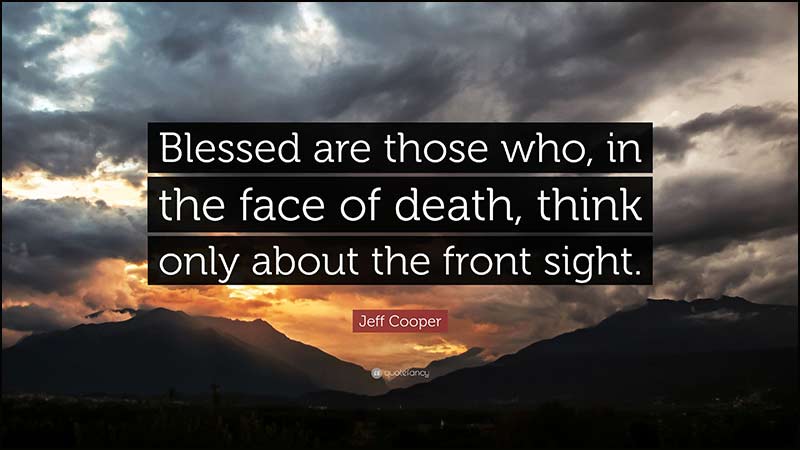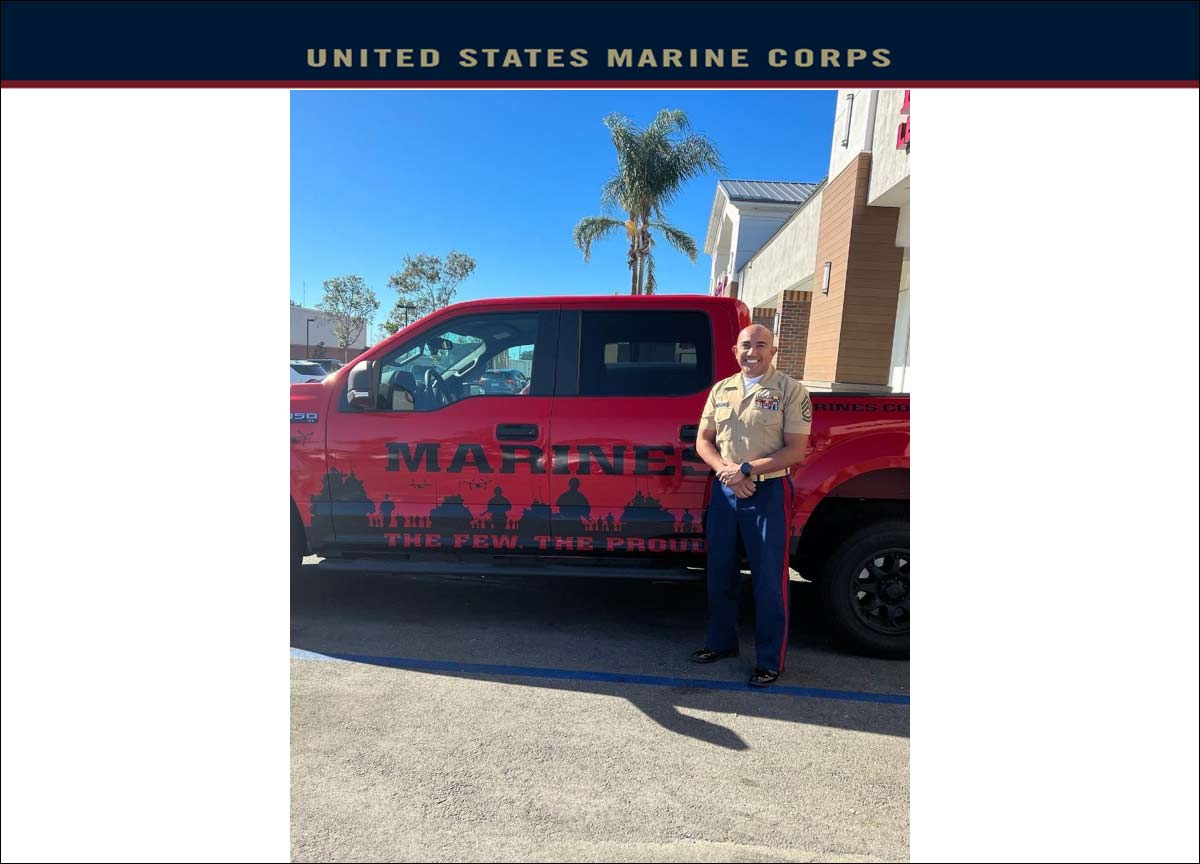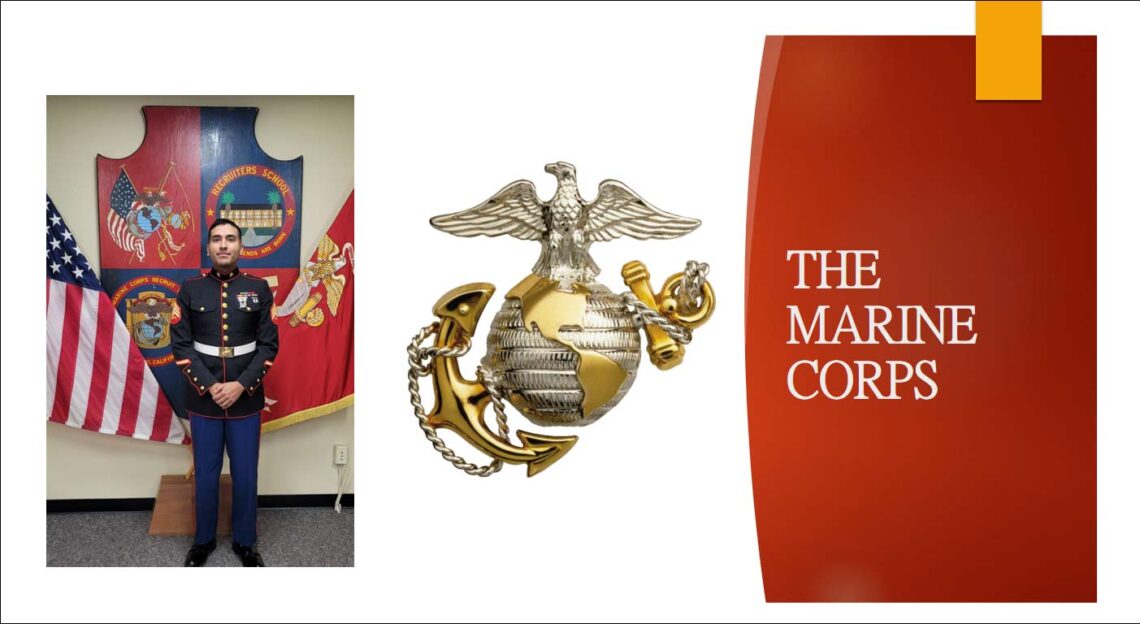Every year for one day I allow a Marine Corps recruiter to come talk to my high school seniors. I debrief my students the very next day about the presentation. I say to them, “Everything that guy said yesterday is true, but you should also keep this in mind…” I explain to them the other side of the coin: the advantages and disadvantages of military life. That is fair.
What I get out of these visits is learning about the recruiter. Three of the four sergeants who have come to my class were Latinos from working class backgrounds. They were impressive. They talk about the opportunities they had to travel the world and acquire practical training immediately after high school. The government gave them educational and professional and opportunities that were real, and they and their larger families benefited from them.
“My parents were immigrants from Mexico. They didn’t have a lot of money. I bought my mom and dad a house in Texas. They live there courtesy of me.”
“I’m transferring my GI Bill educational benefits to my daughter. She is only in second grade now, but her college is already paid for when she gets there.”
“I will retire in eight years after twenty in. I have enjoyed being in the Corps, but I am looking forward to the next stage of my life.”
But most importantly these recruiters talk about how they were given the discipline which has allowed them to find their way and thrive in the adult world of work. One guy was a stud wrestler in a high school from rural Colorado who decided to forgo a college scholarship to go into the Marine Corps as an enlisted man. “I don’t like to run. I never have. That is my challenge: I don’t like to run,” he explained. “But I run three miles every morning. The Marine Corps taught me that. The discipline to run every morning is what powers me through everything else I need to do in my life. Even if it is raining, I am out there every morning.” He is 34-years old. Gunnery Sgt. Lopez is a grown man – a career Marine Corps non-commissioned officer, a husband and father, a son and a brother. Nobody “gave” him anything. He earned it.
Impressive.
I recently read The Things They Carried by Tim O’Brien. It is a sad sack story of the late Vietnam era United States Army full of draftees who are just doing their time before they can get out of the war and return to civilian life. Too brief training, low morale, drug use, high turnover, unpopular war – draftees like O’Brien don’t want to be there, and they can’t wait to get out. Alive, preferably.
In contrast, the all-volunteer service members I have encountered are doing this as a career. They have been in the military for years; this is what they signed up for. They are highly trained over a substantial period of time: years after year, and even decades. The military and the job of the military: this is what they do. In the all-volunteer government service the participants are invested in the military, with the military having invested in them. That is entirely the opposite of some army draftee in South Vietnam who has barely been in the military long enough to know what is what, and just wants to get out as soon as possible unscathed. “Six months and a wake up!” In contrast, the country nowadays is well served by a professional military, in my opinion. They take pride in what they do. The service members have the time, tools, and training to do it.
The latter stages of the Vietnam War must have been just about the nadir of the U.S. military in terms of morale and professionalism. That is how you end up with draftee Tim O’Brien in Vietnam seeing combat in the army in 1969-1970 – a role the writer/professor was temperamentally unsuited for, to put it mildly. This is how you get draftee soldiers sometimes “fragging” their own officers. The military has gotten so much better since the draft ended in 1973. The service members want to be there. They chose this life. They are professionals.
I learn little from the Marine Corps sales pitch in my classroom from recruiters in terms of what military life is like. I have heard it all before. But I learn a lot from the recruiters when they tell me their life stories. I look forward to hearing about the men themselves. I still remember this statement:

“Boot camp is many many years behind me now. But still every morning I am out there running on my own. Rain or shine, no matter what, I run every morning. That is the gift the Marine Corps gave to me.”
Discipline was freedom. More specifically, self-discipline equaled self-control, and that made all the difference. It was impressive.
I had the opportunity to spend a week in San Diego courtesy of the US Marine Corps educator program several years ago back in July 2017. We performed the calisthenics Marines did, got yelled at by drill instructors, struggled through obstacle courses, ate in the chow hall with recruits, visited the shooting range, shot rifles in their simulator, witnessed the end of “The Crucible,” saw a graduation ceremony, etc. In addition to play-acting boot camp, we educators had plenty of opportunity to stand back and watch the whole process with the real participants. I was pretty scratched up, muscle sore, and sunburnt by the end of the week, but I learned so much during that educator outreach workshop, even if I had to sleep the whole next weekend to recover. And I did not learn it via a book; I learned by being there. I got to observe with my own eyes the recruits in the squad bay and talk to the drill instructors in charge. Here are some photos of me and fellow high school educator Julio Cabral at San Diego from our week of pseudo-boot camp –

So what do I think?
After getting a close up look at it, I give two, if not three, cheers for the United States Marine Corps.
If you are in some horribly dangerous play with hostiles trying to kill you (a valley in Afghanistan, a jungle in Vietnam, a lake near Chosin, a beach in Okinawa, a forest in Belleau Wood; wherever), these are the men and women you want with you. If you are on the knife’s point and Death will take the first who flinches, put your faith in the Marine Corps way, if you put your faith anywhere, other than in God.








2 Comments
Kurt
What exactly do you say to your students the day after the recruiter comes in?
rjgeib
I tell them the following: You want to think long and hard about a possible decision to join the Marine Corps. Then think about it some more. It is akin to deciding to get pregnant: either you 100% want to do it, or the answer should be “no.” Caveat emptor.